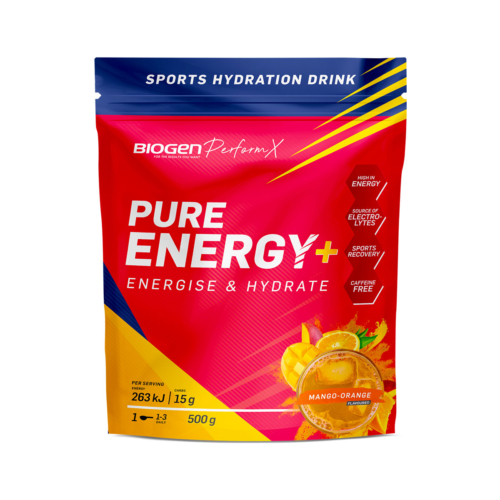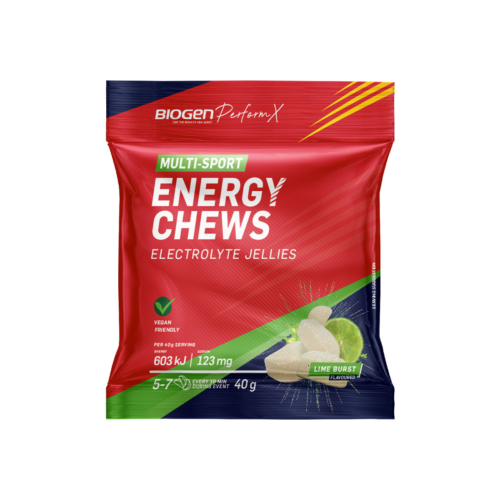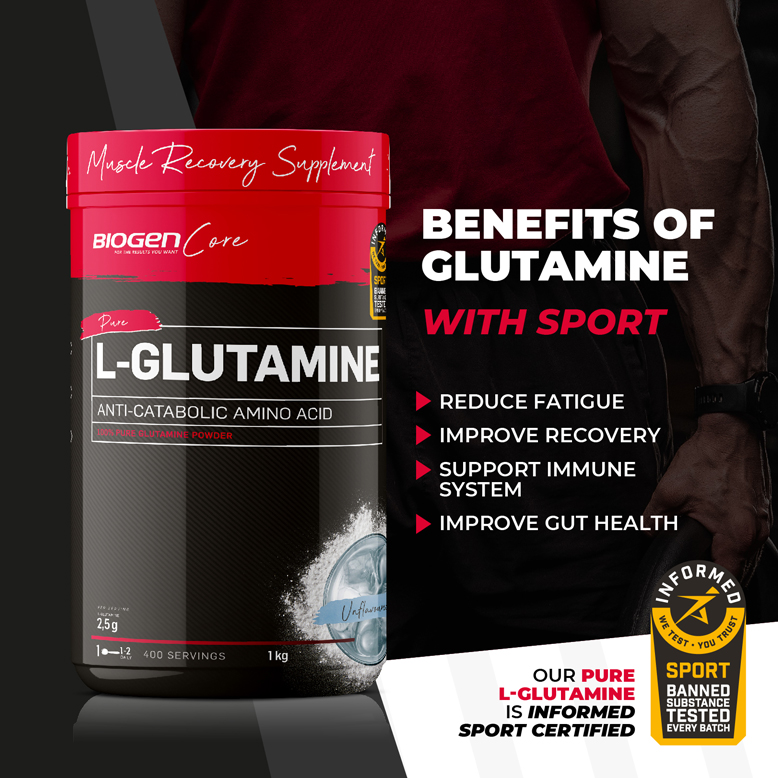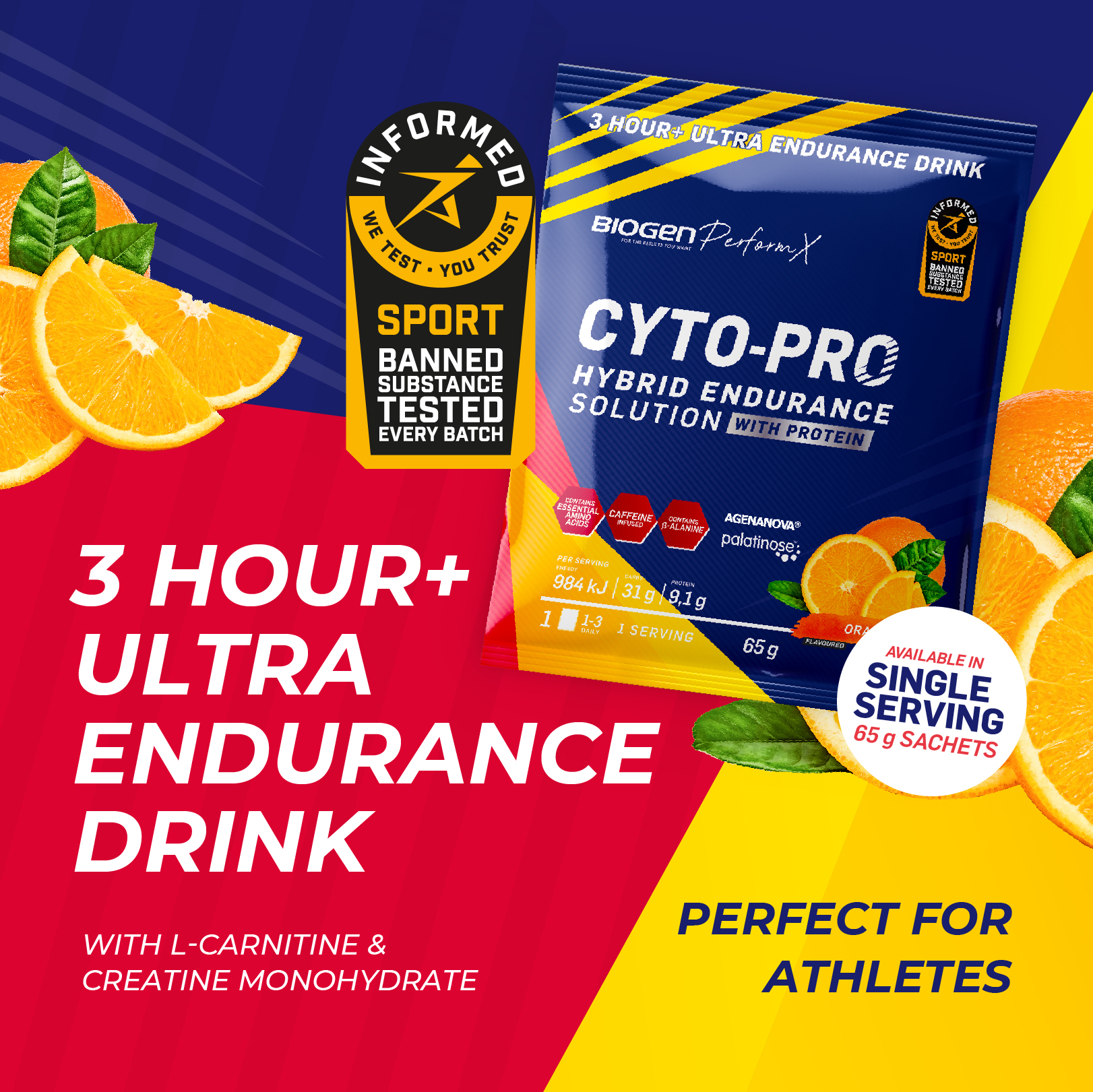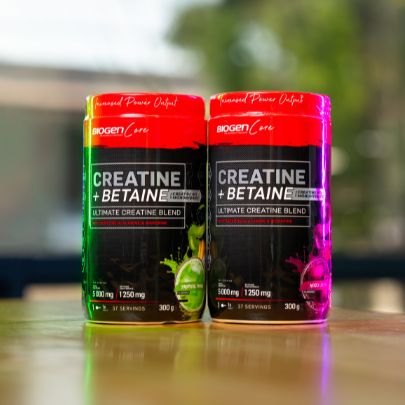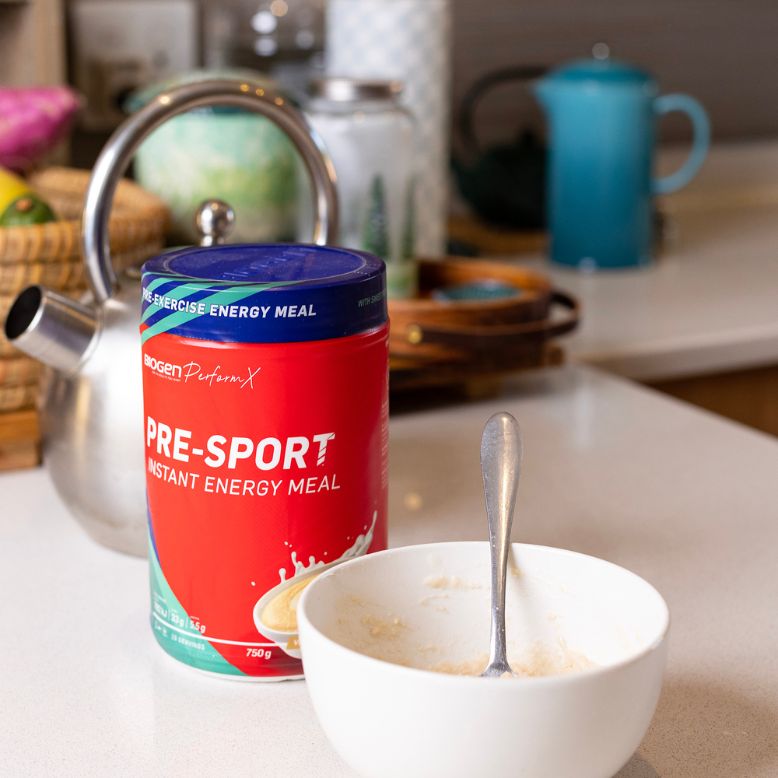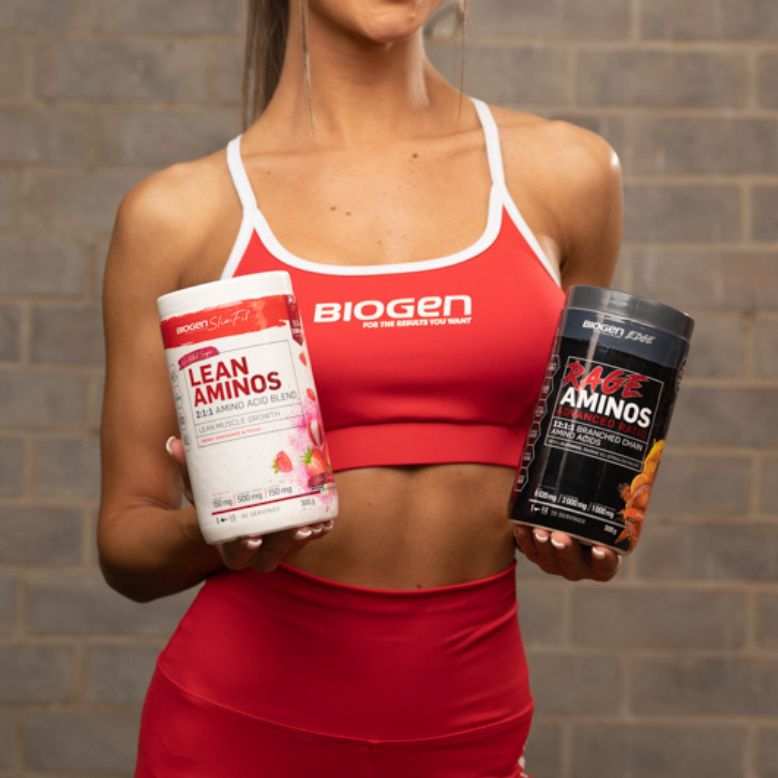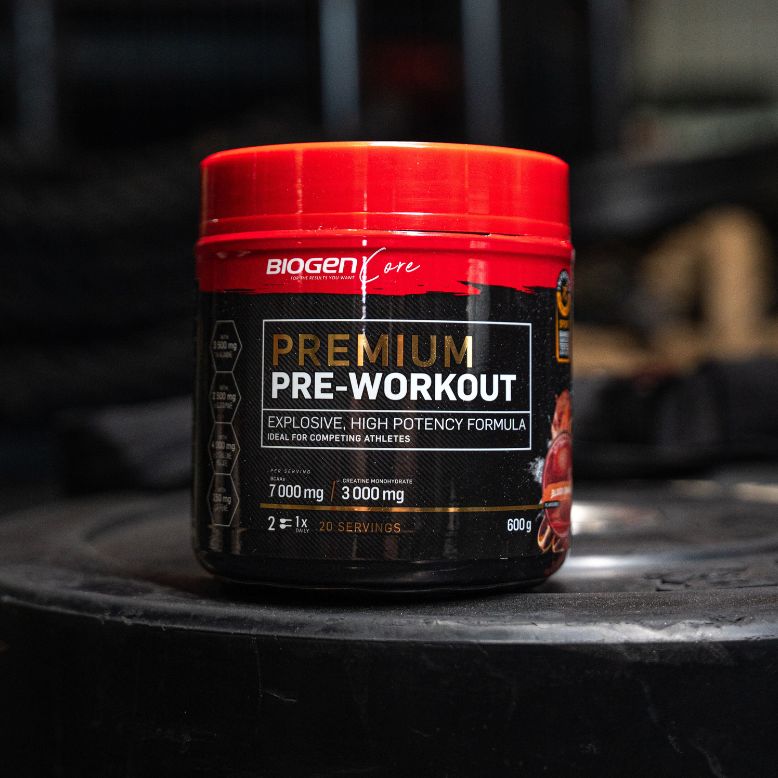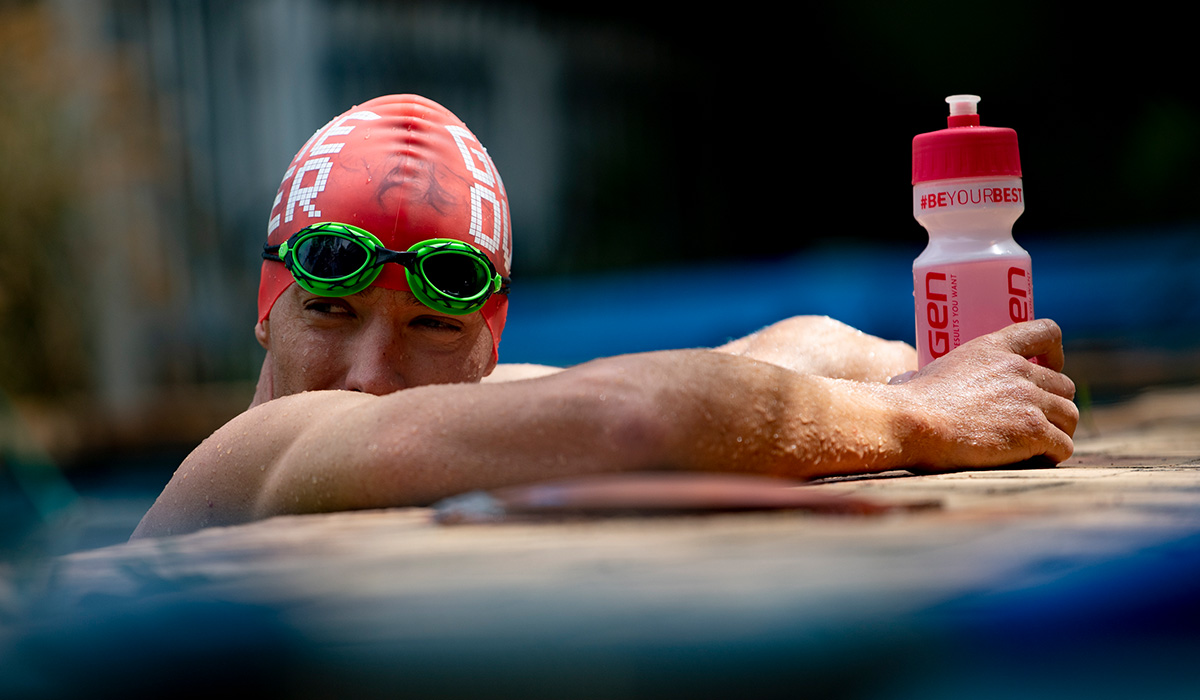
Endurance athletes need to cover two important nutritional bases to perform at their best during hard training sessions and races – energy and optimal hydration – especially when efforts go beyond an hour.
In the past, athletes needed to rely on a combination of carbohydrate-based energy drinks and standalone electrolyte products (typically available as effervescent tabs that dissolve in water or salt tablets).
Combine and conquer
Fortunately, ongoing innovation in the sports supplement industry means athletes now have access to effective products that provide energy and electrolytes in one convenient product, with various options to suit different preferences.
These products ensure that athletes can meet their hydration needs during training or racing while also topping up energy reserves to minimise the risk of drinking too much fluid, which can lead to gastrointestinal (GI) issues like a waterlogged gut or ‘sloshing’ and bloating, not to mention potentially serious conditions such as hyponatraemia1 (also known as over-hydration).
Replace what sport takes out
Products from the Biogen Perform-X endurance sport range like Biogen Pure Energy Sports Electrolyte Drink and new Biogen Energy Chews Electrolyte Jellies provide athletes with what they need to meet their hydration needs and unlock greater stamina from carbohydrate-derived energy.
Biogen Pure Energy Sports Electrolyte Drink, available in refreshing Mango-Orange and Tropical Island flavours, is engineered for high performance endurance sport, offering a blend of simple carbohydrates for readily available energy, and important mineral salts including magnesium, phosphates, potassium and sodium to replenish electrolytes during and after any physical activities.
These minerals conduct electrical activity in our bodies when dissolved in water and facilitate important bodily functions, the most important of which is optimal fluid balance. Water infused with these minerals is also more effectively absorbed by the gut and, as such, has the most pronounced effect on hydration.
Replacing electrolytes periodically is important because the more we sweat, the more salts we lose. Electrolyte replacement is particularly important during prolonged exercise activities, especially ultra-endurance races, and after intense exercise or activities in hot and/or humid environments where we sweat profusely.
Find the balance
While fluid-based feeds and electrolyte replenishment is a sensible option to minimise the risk of stomach cramps and digestive distress during activities, especially during high-impact events like running, athletes need to remain mindful of topping up energy reserves and replacing electrolytes without overdoing their fluid intake.
Breaking up fluid feeds with solid feed options, especially during ultra-endurance events, can help improve palatability by adding different taste and texture profiles to a feeding plan.
The added variety offered from solid form supplements can help an athlete hit the recommended target of 60-90 g of carbohydrates per hour2, without necessarily increasing the risk of experiencing issues related to excessive fluid intakes.
For athletes across any sporting discipline looking for a suitable solid food option, new Biogen Energy Chews Electrolyte Jellies offer a tasty way to support optimal hydration with additional electrolytes, without diluting concentrations with more liquid.
Each vegan-friendly serving contains 125 mg of sodium with 603 kJ of energy, in tasty and refreshing Lime Burst and Strawberry flavours.
Possible cramp connection
Getting the electrolyte balance right can also benefit your performance by reducing you risk of cramping.
Electrolytes play a central role in muscle contractions, which gave rise to the electrolyte theory of exercise-associated muscle cramps3. This theory suggests that muscle cramps experienced during exercise occur when electrolyte concentrations decrease due to sweat loss or drinking too much water (which dilutes blood and, therefore, lowers the concentration).
There is some evidence3 to suggest cramp sufferers can find some degree of relief by ingesting electrolytes.
Article References:
- Tamara Hew-Butler, Valentina Loi, et al. Exercise-Associated Hyponatremia: 2017 Update. Front Med (Lausanne). 2017; 4: 21. Published online 2017 Mar 3. doi: 10.3389/fmed.2017.00021
- Asker Jeukendrup. A Step Towards Personalized Sports Nutrition: Carbohydrate Intake During Exercise. Sports Med. 2014; 44(Suppl 1): 25–33. Published online 2014 May 3. doi: 10.1007/s40279-014-0148-z
- Wing Yin Lau, Haruyasu Kato, Kazunori Nosaka. Effect of oral rehydration solution versus spring water intake during exercise in the heat on muscle cramp susceptibility of young men. Journal of the International Society of Sports Nutrition, 2021; 18 (1) doi: 10.1186/s12970-021-00414-8


